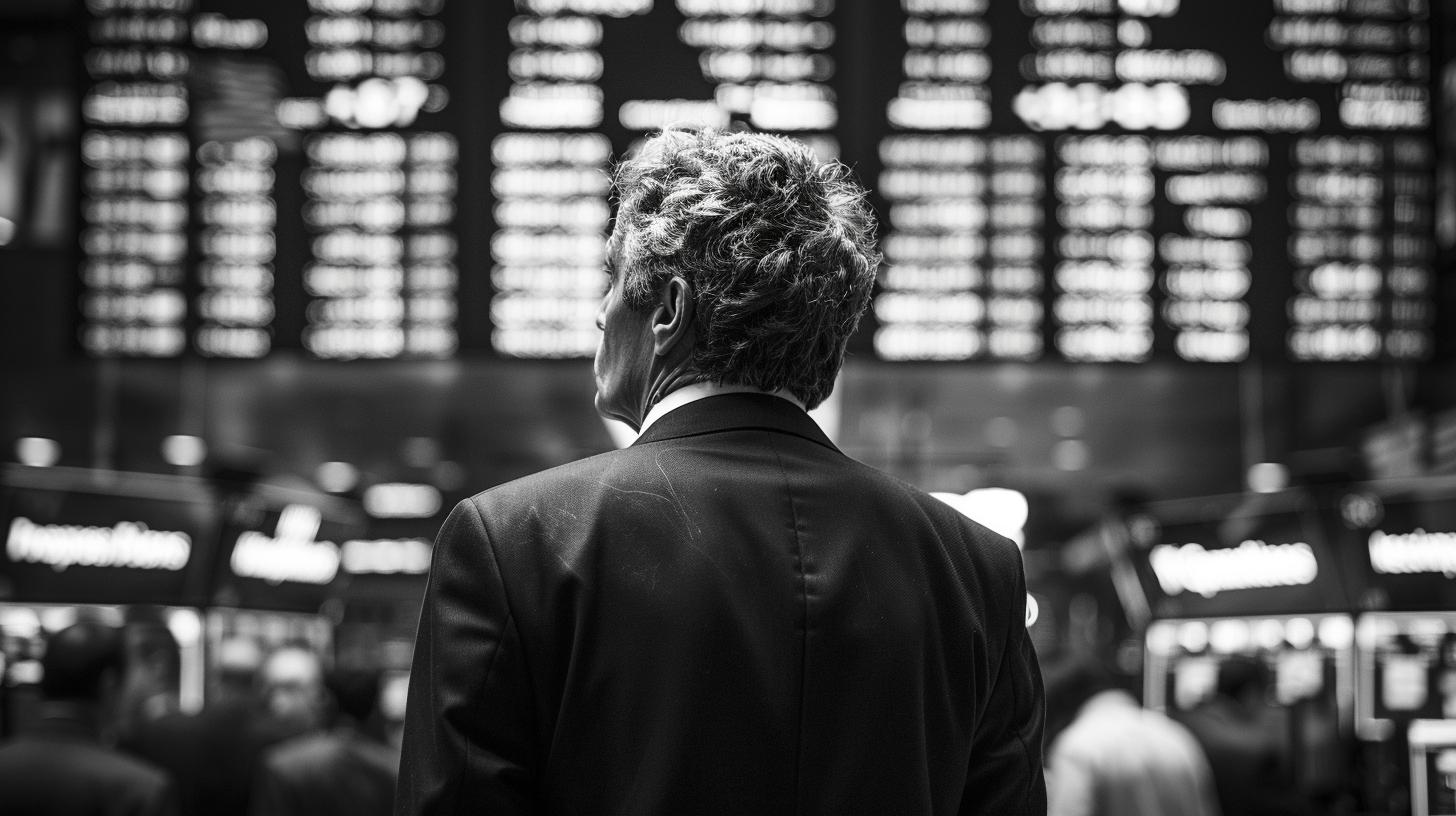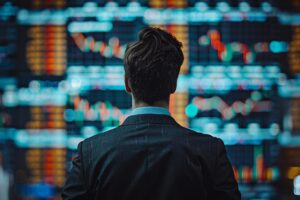Insider trading has been a prominent issue in the financial world, with cases involving notable individuals such as Albert H. Wiggin, Ivan Boesky, R. Foster Winans, Martha Stewart, among others.
The SEC regulates insider trading, but challenges persist in detection and prosecution efforts. Media coverage of these cases further amplifies their impact.
Notorious Cases of Insider Trading
Insider trading has been a hot topic in the financial world, with several high-profile cases making headlines over the years. Let’s take a closer look at some of the most notorious examples:
Albert H. Wiggin
Albert H. Wiggin was involved in a scandalous insider trading scheme that rocked the financial industry. His actions raised serious ethical questions and led to increased scrutiny on insider trading practices.
Ivan Boesky
Ivan Boesky’s insider trading activities made him a household name, as he amassed significant wealth through illegal means. His case highlighted the need for stricter regulations and enforcement in the financial markets.
R. Foster Winans
R. Foster Winans gained notoriety for his role in a high-profile insider trading scandal that captivated the public’s attention. His actions served as a cautionary tale for those tempted to engage in unethical practices.
Martha Stewart and ImClone
Martha Stewart’s involvement in insider trading related to ImClone Systems resulted in legal consequences and tarnished her reputation. This case underscored the potential repercussions of engaging in illicit trading activities.
Regulation of Insider Trading by the SEC
When it comes to the regulation of insider trading, the Securities and Exchange Commission (SEC) plays a critical role in monitoring and enforcing laws related to trading based on non-public information.
The SEC works to maintain fair and transparent markets by prohibiting insider trading activities that could give certain individuals an unfair advantage over others.
- One key aspect of the SEC’s regulations is the requirement for corporate insiders, such as executives, directors, and employees, to report their trades in company stock.
This transparency helps ensure that any suspicious trading patterns are closely monitored and investigated.
- In addition to requiring disclosure of trades, the SEC also investigates and prosecutes individuals and entities suspected of engaging in insider trading.
This enforcement action sends a message to the financial community that such activities will not be tolerated.
- Moreover, the SEC provides guidance to companies on how to establish and maintain internal controls to prevent insider trading within their organizations.
By promoting strong compliance measures, the SEC aims to reduce the likelihood of illicit trading activities.
Challenges in Detecting and Prosecuting Insider Trading Cases
One of the primary challenges faced in the realm of insider trading is the difficulty in detecting and prosecuting such cases. Given the secretive and clandestine nature of insider trading activities, identifying instances where privileged information is being unlawfully utilized can prove to be a complex endeavor at times.
- Lack of Concrete Evidence: Oftentimes, insider trading schemes leave behind limited tangible evidence, making it arduous to definitively prove the occurrence of the offense.
- Collaboration and Networks: Perpetrators of insider trading often operate within tight-knit networks or collude with others, further complicating the process of identifying and prosecuting those involved.
- Legal Technicalities: The intricate legal framework surrounding insider trading can create hurdles in securing convictions, as defendants may exploit loopholes or ambiguities in the law to evade accountability.
Despite advancements in surveillance technology and regulatory measures, the covert nature of insider trading continues to present significant challenges for law enforcement agencies and regulatory bodies striving to uphold market integrity and fairness.
Media Impact of Insider Trading Cases
- Media coverage of high-profile insider trading cases often sensationalizes the details, capturing the public’s attention.
- These cases become prime material for news outlets, drawing in viewers with intrigue and scandal.
- The portrayal of individuals involved in insider trading incidents can significantly impact their public image and reputations.
- Public scrutiny and media scrutiny can have lasting effects on the careers and personal lives of those implicated in these scandals.
- Insider trading cases covered by the media can serve as cautionary tales, highlighting the consequences of unethical conduct in the financial world.
.


















